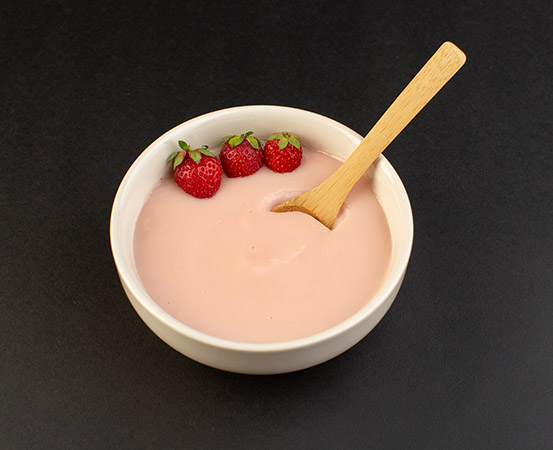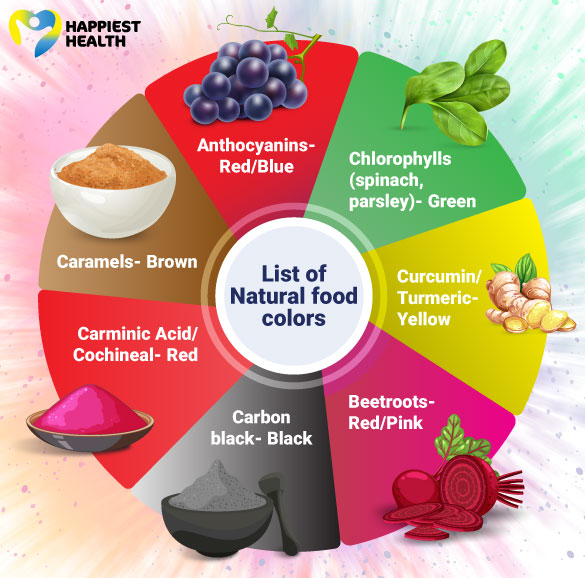
As per news reports, over thousand parcels have been sent to 272 people aged between 16 and 36 years in 40 countries since 2020. This is what Kenneth Law, the 58-year-old former chef in Ontario, Canada did to instigate hundreds of people globally to take their lives and make money. Named the ‘Poison Seller’, Law sold suicide kits with sodium nitrite and other harmful substances online. The alarming part is that sodium nitrite is a commonly used food additive.
Sodium nitrite
Sodium Nitrite, the poison Law used, is a hazardous chemical used, as a color fixative and preservative for meats and fish as it can kill bacteria, prevents the growth of mold and fungus, and gives deli meats a nice pink color and its distinct tangy popular flavor.
But before Law put sodium nitrite in the spotlight, some studies had already indicated that the salt poses multiple health risks like heart disease, diabetes and cancer as it forms cancer-causing compounds called nitrosamines with certain proteins in meat. The World Cancer Research Fund International, further reiterates that research has shown nitrosamines can cause cancer in the lining of the stomach and pancreatic bladder.
However, Dr Sonal Asthana, clinical lead, of Aster Group of Hospitals, Bengaluru clarifies that the excessive consumption of sodium nitrite (more than 3.7 mg /body weight) interferes with the blood oxygen carrying capacity of the body, reduces oxygen levels, impairs breathing, and results in the death of a person.
The problem doesn’t end with sodium nitrite. It draws our attention to the other food additives that are harmful to health but continue to be sold on storefronts and used in foods frequently.
Monosodium glutamate (MSG)
Monosodium glutamate (MSG) also known as Ajinomoto is a controversial food additive used in canned food, crackers, meat, salad dressings, frozen dinners, and a myriad of other products. It is found in local supermarkets, restaurants, and school cafeterias alike.
A study published by the National Institute of Health (NIH), concluded that although MSG has proven its value as an enhancer of flavor, different studies have hinted at possible toxic effects related to this popular food additive. These toxic effects include central nervous system(CNS) disorder, obesity, disruptions in adipose tissue physiology, hepatic damage, and reproductive malfunctions, and yet people keep using large amounts of MSG unaware of the possible consequences.
But since there are no comprehensive studies that provide concrete evidence that there is a problem with MSG and the jury is still indecisive as to how harmful the additive truly is, it’s probably best to limit how much you consume. The easiest way to do that is by limiting processed meats, fast food, and Chinese food.

Aspartame
Aspartame is one of the most popular artificial sweeteners which is 200 times sweeter than natural sugar and the World Health Organisation (WHO) has classified, this food additive used as an artificial sweetener in Diet Coke, and multiple processed foods like ice creams, flavored yogurts, and breakfast cereals, as a possible carcinogen.
Multiple studies have already found strong links between liver cancer (hepatocellular carcinoma) and the consumption of carbonated sugary beverages.
In an earlier interaction with Happiest Health, Dr Lokesh Vishwanath, head of the Department of Radiation Oncology, Kidwai Memorial Institute of Oncology, Bengaluru said that there is only limited evidence to conclusively label aspartame as a carcinogen.
But Dr Asthana warns that both sugar and artificial sweeteners are bad for health as sugar can cause heart, and liver problems and diabetes while aspartame may cause cancer.
BHA and BHT
Butylated hydroxyanisole (BHA) and butylated hydroxytoluene (BHT) are food additives found in cereals, chewing gum, potato chips, and vegetable oils.
Mubaraka Palanpurwala, a senior dietitian with Apollo 24/7 says that processed foods are filled with an inert and harmless gas nitrogen. But once the package is opened, the contents are exposed to oxygen and the fats in processed foods turn rancid after reacting with the oxygen. BHA and BHT keep foods from changing color, changing flavor or becoming rancid. Studies indicate that these preservatives can induce allergic reactions in the skin. The International Agency for Research on Cancer classifies BHA as a possible human carcinogen and The European Commission on Endocrine Disruption says it interferes with hormone function.
So why are they still being used?
FDA considers both BHA and BHT to be safe for use in processed foods in limited approved amounts and a study shows small amounts of BHA and BHT can produce an anti-inflammatory effect.
Food colour
Artificial food dyes/colours are additives used to make food look more attractive but there are no nutritional benefits, says Palanpurwala. “But there is strong evidence to support that people should avoid using them in their food and use natural food colours instead,” she adds
National Institute of Health (NIH) in a study on the toxicology of food dyes, states there is evidence that several other dyes also are carcinogenic and cause hypersensitivity reactions.
Other studies indicate that food colors can cause allergic reactions such as hives and asthma and also reveal an alarming connection between food dyes and the rise in behavioral problems in children, such as aggression, attention deficit disorder (ADD), and attention-deficit/hyperactivity disorder (ADHD).
Additionally, the ingestion of food colors challenges the immune system and they can also be absorbed via the skin through cosmetic and pharmaceutical products
However, as per NIH the legal amount of artificial color additives allowed by the FDA in the foods, drugs, and cosmetics that are consumed every day is of concern and the public is largely unaware of the perilous truth behind the deceptive allure of artificial color.

















